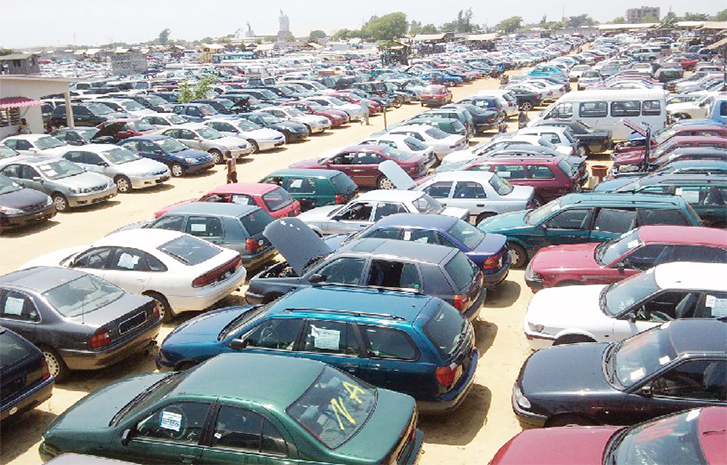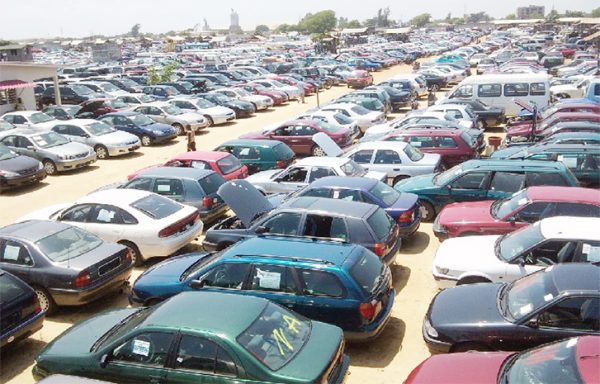The Federal Government says it intends to introduce a Vehicle Finance Scheme that will enable more Nigerians to own new cars.
This plan was disclosed by the Director-General of the National Automotive Design and Development Council (NADDC), Jelani Aliyu, in an interview with the News Agency of Nigeria.
Read more about Finance
The scheme is part of the five-point program of the National Automotive Industry Development Plan (NAIDP), aimed at driving the production of vehicles and motor parts in Nigeria.
Mr Aliyu explained that, under the scheme, individuals with a sustainable source of income will be able to get a car of their choice with a down payment of just 10% of the total cost. They will be allowed to pay the balance in monthly instalments over a specific number of years.
According to Mr Aliyu, the NADDC had “reached an advanced stage of discussions” with commercial banks that could provide support for the initiative, and that the body was awaiting approval from authorities further up the government hierarchy.
“We have a worked out proposal in front of our superiors and once they give us that go ahead, we will start the project because we have the money set aside for it,”
he said.
“The targeted beneficiaries will be any Nigerian who can prove that they have a sustainable income, whether you work in the civil service, in the private sector or you are doing your own business.”
Find our comprehensive listings of businesses in Nigeria here https://businesses.connectnigeria.com/
Aliyu also explained that the scheme would cover vehicles that were produced locally, and for which maintenance infrastructure was available. He expressed the hope that the program would begin by the second quarter of the year.
He revealed that the NADDC was engaging with local and foreign investors who were willing to set up vehicle assembly and production plants in Nigeria. These entities were expected to plug the vehicle supply gap that could appear when the new scheme commences.
Aliyu said that his agency’s Research and Development unit was currently working on the framework for two car brands that would meet local needs. He noted that the vehicles would cost less to maintain than regular vehicles.
The announcement about the Vehicle Finance scheme comes just a few days after Nigeria’s first locally assembled electric car, the Hyundai Kona, was unveiled. At that event, Aliyu had said that the country would follow the global trend of transitioning from fossil fuel-powered vehicles to electric cars.
The Federal Minister of Industry, Trade and Investment, Otunba Adeniyi Adebayo, has also affirmed the government’s dedication to moving Nigeria away from fossil fuel-powered vehicles and towards greater adoption of electric cars.
Featured Image Source: Independent Newspapers NG
Got a suggestion? Contact us: [email protected]


